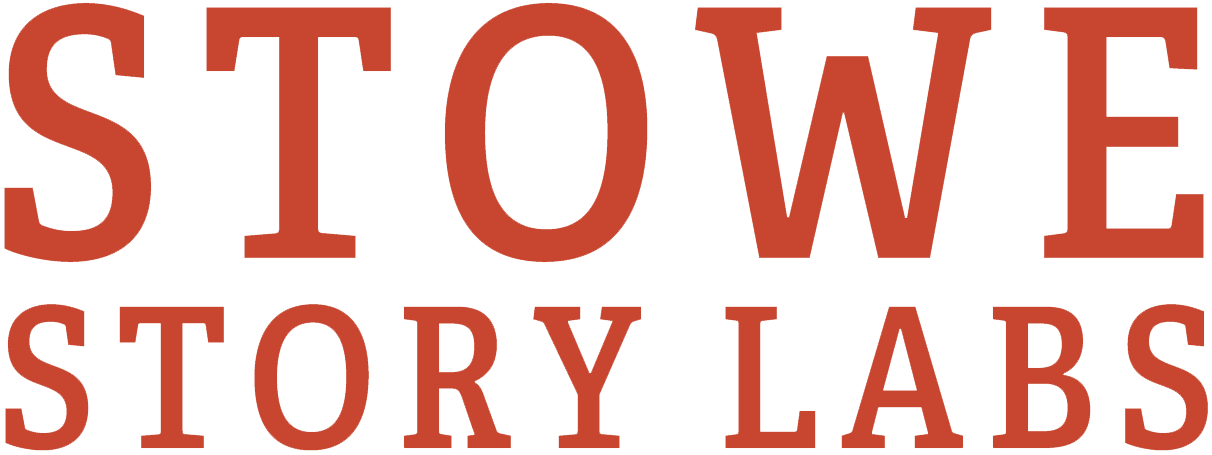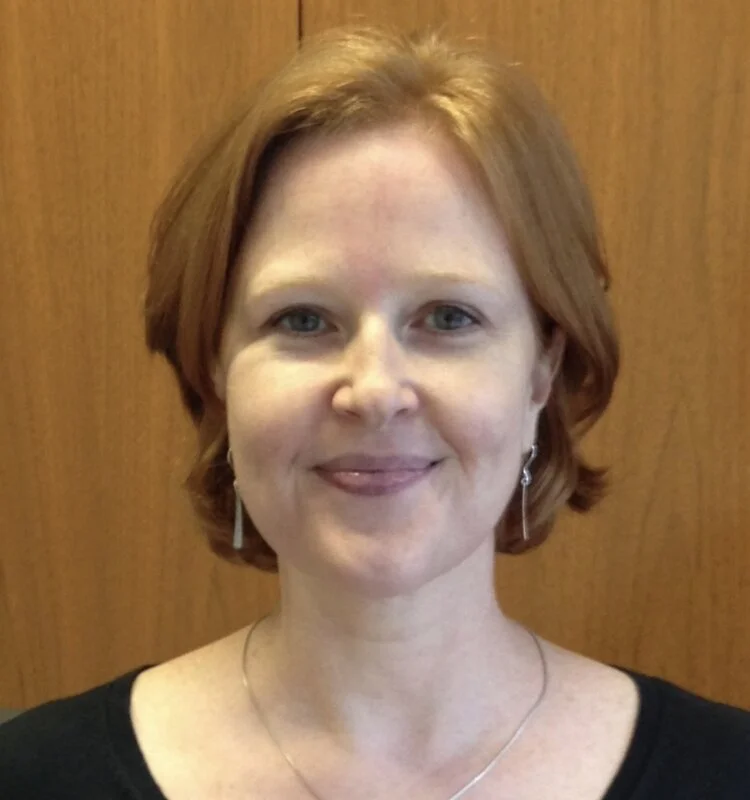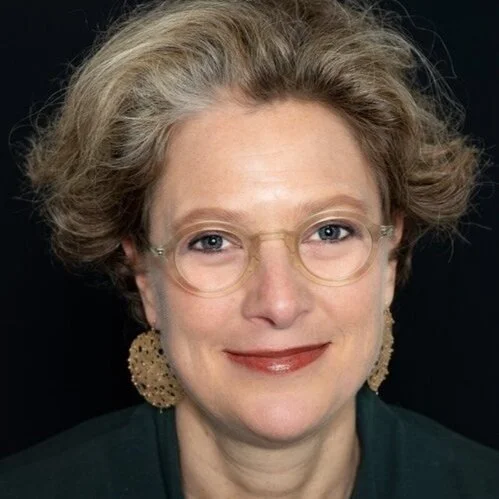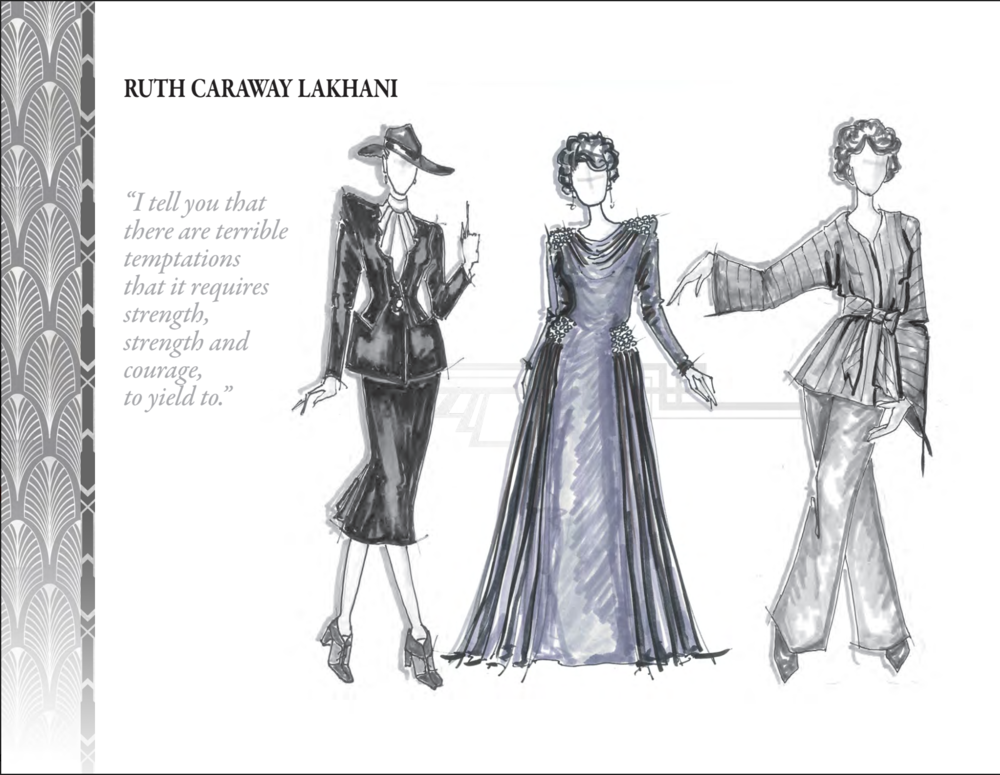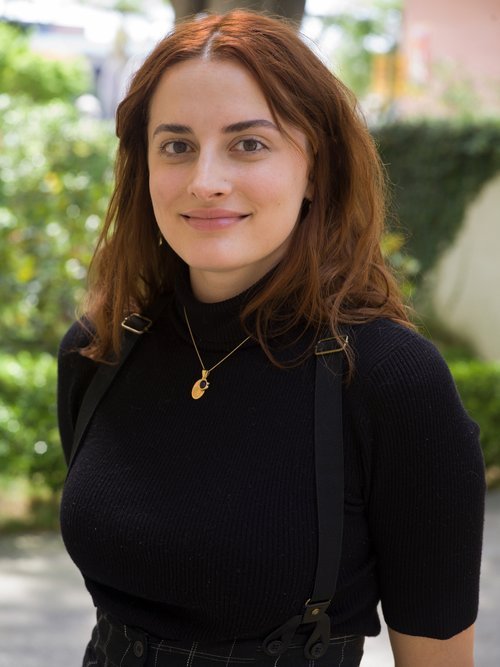Gender-Flipped Plays and the Importance of Female Filmmakers
Q&A WITH ALUM SARAH KNIGHT AND STOWE STORY LABS MENTOR ELIZABETH KAIDEN
By Marian Cook
What do you get when you combine a talented female director, a powerhouse creative producer dedicated to uplifting female voices, and the catalyst of Stowe Story Labs? Well, a project in the works for one, but also a beacon of hope for other female filmmakers who have often felt barred, ignored, and discredited by the industry.
Stowe Story Labs Alumna Sarah Knight and Stowe Story Labs Mentor and Co-Founder of the The Writers Lab for Women Over 40 (supported in part by Meryl Streep and Nicole Kidman) Elizabeth Kaiden make up that incredible duo. They met in 2019 when Sarah came to the Stowe Story Labs Annual Writers’ Retreat in Stowe with an Ideal Wife, a gender-swap version of Oscar Wilde’s play. Following a purposeful introduction by David Rocchio, Elizabeth was taken by the script and followed up with Sarah after the Retreat. Now, they’ve joined creative forces to bring it to life. I sat down with them to discuss their journey, the trajectory of An Ideal Wife, and the importance of women supporting women in this industry.
Sarah Knight’s narrative feature debut, Vino Veritas, starring Emmy-winner Carrie Preston (The Good Fight, Claws), was released by Gravitas Ventures. Her documentary Diamonds are a Girl’s Best Friend is a portrait of Nicole Sherry, Head Groundskeeper for the Baltimore Orioles at Camden Yards—one of only two women ever to hold that position in Major League Baseball. Hot Flash, her documentary about the band Saffire-The Uppity Blues Women, was nominated for a Blues Music Award. She attended the 2019 Stowe Story Labs Spring Writer’s Retreat with An Ideal Wife, her gender-reversal updating of Oscar Wilde’s An Ideal Husband. Her adaptation (co-written with Sarah Skibinski) of Michael Dorris’ bestselling novel, A Yellow Raft in Blue Water about three generations of Native American women, was featured at IFP Independent Film Week-Emerging Narrative. She has won fellowships to Tribeca All Access, the Berlinale Talent Campus, and the Rotterdam CineMart Producer’s Lab. Recently, she won the 2020 NYWIFT Ravenal Grant for her script In the Land of Fire & Ice about a powerful Kuwaiti CEO.
Elizabeth Kaiden, co-founder of The Writers Lab, has also served as Head of Development for Tangerine Entertainment, an independent production company that produces films directed by women. She began her career in theater as a dramaturg, and became a theater and film critic for, among others, The Straits Times of Singapore, American Theater, Stagebill, The Forward, and more. In 2005, she launched Two Rooms on the Upper West Side of NYC, a nonprofit facility offering childcare and workspace to parents who work freelance. A graduate of Princeton and the Yale School of Drama, she lives in New York with her family and is finally writing again.
How did you get into screenwriting? You’ve done a fair share of narrative and documentary films, do you have a preference and what draws you to the stories you cover?
Sarah: First, let me say that I really think of myself foremost as a director. I have tremendous respect for writers and the craft of writing and I recognize that is not my true skill set. I have done some writing—mainly adaptation work—as a means to get my directorial ideas down on paper and to have things to direct about which I’m passionate. That being the case, writing is an especially painful process for me!
While I love documentaries as a viewer and I am proud of the two docs I created, I much prefer working on narrative pieces. There is simply too much grunt work involved in docs—especially the low budget, historical ones—with the clearances of photos and newspaper articles alone. And it was just my producing partner and me doing all of it, which left far less time and space for the creative portion than I would have liked.
In terms of the stories I choose, I simply pick things up along the way that interest me. For example, I was on a tour of Camden Yards years ago when the guide pointed out that the Head Groundskeeper was a woman, so I introduced myself and went on to make a documentary about her. I didn’t start out specifically with the intention of telling a broad range of women’s stories, but it certainly turned out that way and now that has become more of a mandate.
Elizabeth, what inspired you to co-found the The Writers Lab with Nitza Wilson? What sets The Writers Lab apart from others? With that in mind, how have your experiences been with Stowe Story Labs at the labs and retreats?
Elizabeth: We launched The Writers Lab because we were infuriated by a glaring lack of content for, by, and about diverse women—especially women past the age of 40. We wanted to see the stories of the curious, furious, and hilarious women we knew. Also, we know first-hand that women over 40 face a unique combination of challenges just to clear the space and time to write, not to mention the industry’s sexism and ageism. At the same time, they bring tremendous assets to bear: exemplary craft, skills and work ethic, depth, humor, and life knowledge….They write really well. And ultimately, we’re script geeks. We love good writing. We love figuring out how to make it better.
That’s what I love about Stowe. David Rocchio and David Pope love to dive deep into story development and craft, and they’re brilliant at it. That’s why they can assemble the kind of mentors and writers they do. Their commitment to craft and story, combined with the glories of Vermont, is not only a joy, but an absolute necessity. Writers need to leave their daily lives and travel down that rabbit hole of their imaginations to wrestle their stories onto the page. Stowe offers a kind of utopia for that.
What inspired you to gender-flip Oscar Wilde’s An Ideal Husband?
Sarah: I was lucky enough to see Peter Hall’s incredible production of An Ideal Husband many years ago on Broadway. It was my first experience with Wilde and I fell in love with the piece. But the fourth act wraps up with a troubling speech: “A man’s life is of more value than a woman’s. It has larger issues, wider scope, greater ambitions. A woman’s life revolves in curves of emotions. It is upon lines of intellect that a man’s life progresses.” I knew I wanted to excise that, but I also thought I’d push it further by swapping the gender of all of the roles. I grew up on Free to Be You and Me, so I’ve always enjoyed challenging gender stereotypes. I tried to keep much of the original text intact, while adding a bit of a feminist twist in making the now female lead more proactive than the original character, which Elizabeth really helped identify and guide.
Tell me about your experience at Stowe Story Labs Writers’ Retreat. What drew you to attend and how did An Ideal Wife change?
Sarah: Stowe was such a lovely experience. From the beautiful train ride up, to the quiet bucolic scenery and those incredible Timberholm breakfasts, they have created a perfect, tranquil space for writing and thinking. The two Davids are very inspiring, encouraging, and a lot of fun to hang out with. I particularly enjoyed meeting the other attendees. It was invigorating to focus on work all day then stay up late having passionate discussions about movies over sips of Scotch each night.
How did you two connect? Do you know what made David want to introduce you two?
Sarah: I asked David to introduce me to Elizabeth as several of the lab participants had sung her praises since she had mentored there in the past. After working with her, I can certainly see why! We met for lunch and she kindly offered to read the script. Her notes were some of the best I received—and I had ordered a lot of coverage from well-regarded places like Austin. She got what I was trying to do and offered suggestions on how to improve it, not change it into something it’s not. She just knows how to unlock creativity. By asking a simple question or making a suggestion, she’ll open my mind up to a million different possibilities I never would have found on my own. We could call her the Sarah Whisperer.
Elizabeth: David Rocchio introduced us, I think, because he knew I couldn’t resist Sarah or her project. She’s wicked smart and talented, and she tells stories about ground-breaking, complex women. And, she’s doing an Oscar Wilde adaptation about women in politics…I’m a dramaturg, I’ve been studying adaptation since I was in college, and I’m a feminist—how could I resist? Like Sarah, I am preoccupied to the point of distraction by the inanity in Washington, the obstacles thrown in front of worthy leaders, and the absurdly archaic challenges women face in assuming leadership roles. This project is about all that. And, I’m compulsively drawn to material that doesn’t fit into the neat boxes designed by Hollywood executives. And, did I mention I’m obsessed with adaptation? And visionary women characters and filmmakers?
What are your plans for An Ideal Wife? Is it currently in pre-production?
Sarah & Elizabeth: Now that the script and lookbook are both in a solid place, we are just starting to send the package out to potentials.
Why is it so important to support emerging women writers and how does community play a role in elevating their voices? What else can be done to support underrepresented voices?
Elizabeth: We need to support women writers simply because they represent half the world’s population but only about ten percent of the voices being heard—that’s ridiculous. They have perspectives, insights, ideas, and stories that will inform all of humanity, that expand the narrative, that enhance our understanding of ourselves and the world. It’s long past time to make space for them. At The Writers Lab, we believe that communities are stronger than individuals, and so we bring women writers together, along with women active in the industry, so they can help each other, gather some force from each other, and make some noise that will be heard.
Marian Cook is a former journalist, Stowe Story Labs staff member, and current USC student pursuing an MFA in directing. She’s been published over a dozen times, covering topics from local news to federal healthcare legislation. Although she loves the world of journalism, having done documentaries on a range of topics from plastic surgery to segregation in the church, her real passion lies in narrative film. She one day hopes to be a writer-director and tell strong, female-led stories, especially that of Latinas. When she’s not filming, she likes to explore, listen to blues and jazz, brush up on her French, and absorb everything science fiction related. Learn more at http://mariandcook.weebly.com/. At Stowe Story Labs, Marian assists with all aspects of operations, writes for the newsletter, and assists with research and writing to support fundraising and communications about programs.
